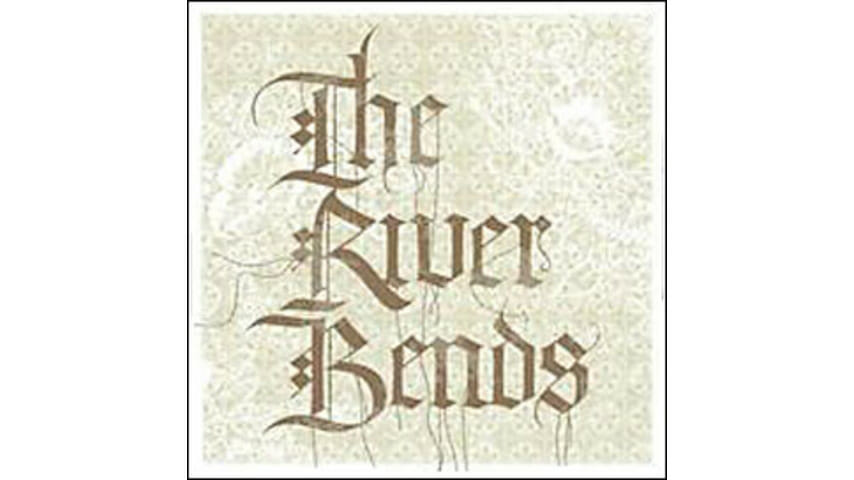Denison Witmer & The River Bends

As we creep up on the one-year anniversary of Elliott Smith’s passing, it seems surprising that so few claimants have emerged to even attempt to pick up his mantle of tortured, vulnerable songwriting. No doubt, there are some among us who would like to nominate Denison Witmer to fill that void, as his soft, plaintive voice and gift for imbuing melodies with an innate sense of hurt offer occasional glimpses of genius. But with five albums now in his catalog (the same number Smith produced before his death) such comparisons feel a bit simplistic; Witmer gives little impression he has anything in common with the troubled genius stereotype or that he uses his art to purge the pain of his soul. Despite all his talent, he often looks like another interesting but not exceptional singer/songwriter, comfortable in his explorations but running over the same conceptual ground, album after album. With …And Flows Into the Sea, however, we see the first attempts to make a change, however slight, to his formula.
-

-

-

-

-

-

-

-

-

-

-

-

-

-

-

-

-

-

-

-

-

-

-

-

-

-

-

-

-

-

-

-

-

-

-

-

-

-

-

-








































